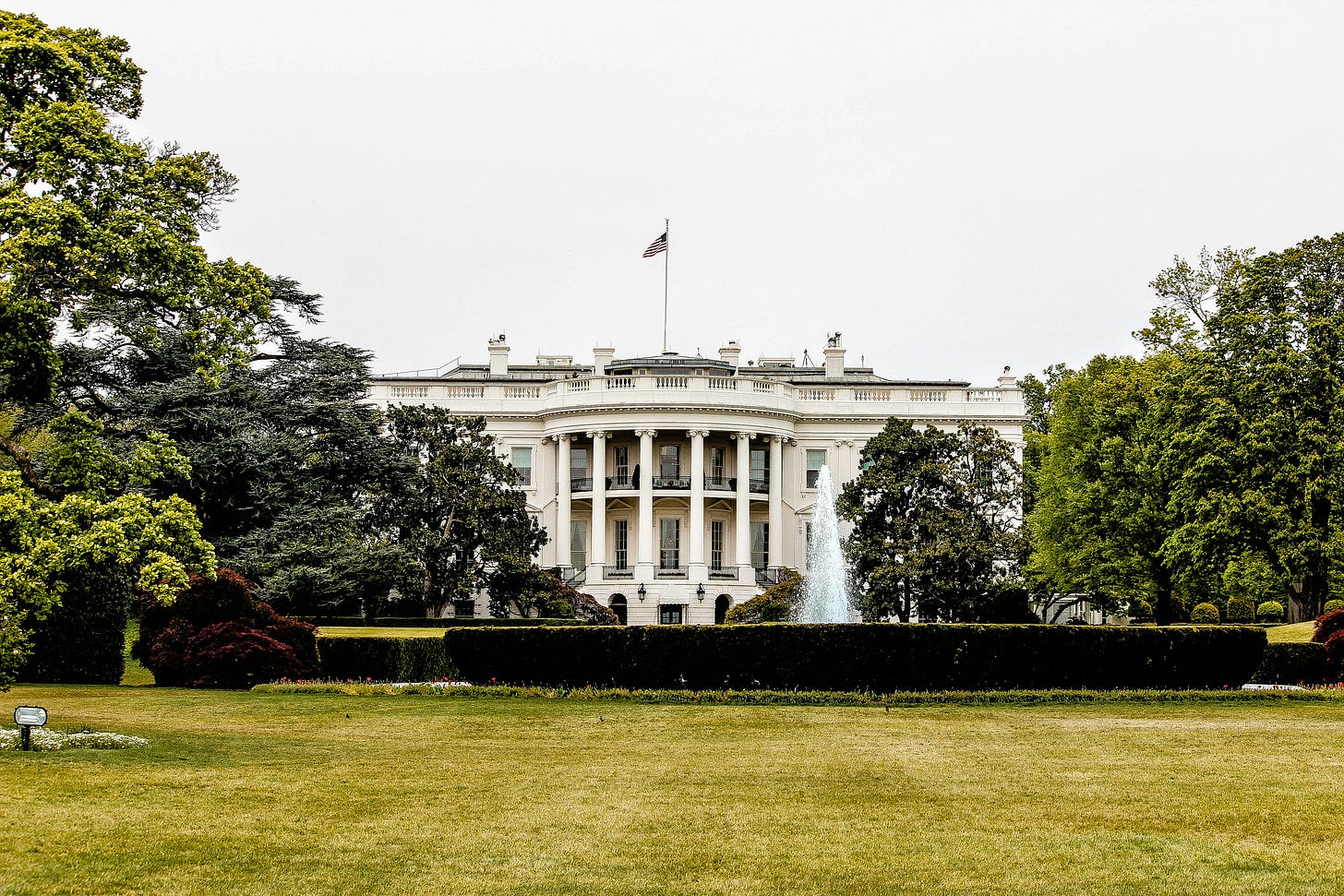Let me preface this note by saying that I did not think Donald Trump would win re-election, nor that the Republican Party could gain control of both the House of Representatives and the US Senate. In fact, I am £100 poorer today than I was last Tuesday morning.
Like the Rory Stewarts of the world, I believed Trump’s extremely hateful rhetoric would disqualify him to many voters—why his victory felt like such a “devastating body blow”, as Stewart put it at 03.29 am EST. During these first few hours, it was hard not to conclude that hate and xenophobia had triumphed over equity and tolerance in the minds of the American electorate. This, looking at it now, seems to me a false dichotomy. There are other issues at work.
In hindsight—to the chagrin of my wallet—the US election results follow a global trend: almost every incumbent party overseeing the COVID-19 inflation surge has lost power in 2024. Such has been the case in Austria, the UK, Finland, the Netherlands, Indonesia, New Zealand and Portugal. In India and Turkey, Modi and Erdogan did not lose but their majorities were heavily weakened.
In this context, Trump’s win might be less about him as a candidate and more a reflection of voters’ dislike of high prices. Perhaps this is why people didn’t care about his comments on Haitians, Puerto Ricans and the rest of it. Indeed, a majority of Americans cited the economy as their most important issue this election.
To be clear, voters are not wrong when saying that “things were better four years ago”. Prices have gone up. Wages, while increasing, lag behind pre-COVID trends. Moreover, poverty increased in the US between 2021 and 2022—from 7.4% to 12.4%.
The irony is that the United States has recovered incredibly well from the economic woes brought by COVID compared to other Western countries, mainly thanks to the fiscal stimulus provided by Bidenomics. According to estimates, American paychecks will recover from inflation by Q2 2025. Kamala Harris’ economic programme would have surely continued such a trajectory.
Voters have, in effect, disincentivised future governments from attempting similar recovery strategies by, firstly, not giving the Biden-Harris Administration credit for taming inflation. Second, the causes of inflation were not considered. Lest we forget that the surge in prices during COVID was due to “a rise in company margins that followed severe delivery delays at the height of the pandemic”, as asserted by Brookings. Or, in other words, because of higher company profit margins. Thus, increased government spending did not drive inflation in the United States.
Yet, Donald Trump was elected President, regardless of people voting for him simply to protest inflation. His victory, coupled with Republican majorities in the House and Senate, will usher in a political vision contradictory to the grievances of ordinary Americans.
There will be massive tax cuts benefiting the richest individuals in the US. This policy will result in more inequality, as the Trump 2017 tax cuts did. His proposed tariffs will primarily impact poorer people, who spend a greater percentage of their income consuming products that will increase in price. There will probably be mass deportations, maybe even of naturalised citizens, and a national abortion ban. A second Trump presidency also means that his contentious oratory style and spiteful messaging have become accepted in mainstream politics—even if people voted Republican in spite of Trump. Why fix what isn’t broken?
Again, this is not to say that voters were conned by Trump into believing that the American political economy is flawed. As is well documented, the country is becoming increasingly unequal, and living standards for the working and middle classes are decreasing. Such is the trend despite sound Democratic policies to control the economic consequences of COVID. As I have argued before, the political “centre” across the West has moved firmly to the right since the 1980s. Democrats and Republicans alike support vested business interests’ dominion over society and the state. Ordinary people feel something is awry.
The narrative available to make sense of this mess is that spread by Trump, his cronies and the forces of reaction in general. Namely, that immigrants are stealing all the good jobs while simultaneously poisoning the American body politic and that freedoms for trans people and women endanger the societal position of men.
The Democratic Party is, under its current neoliberal ideology, unable to offer a viable alternative because it cannot challenge the underlying structural factors spurring inequality and hollowing out society in favour of higher corporate profits. The substitute becomes progressive identity politics, which, albeit important, unfortunately lacks broad appeal.
I refuse the characterisation of humans as inherently dumb or violent. What people want is a credible alternative to a ruinous economic doctrine. In the United States—the whole West—enormous amounts of money and time are expended to portray social democratic ideas as irrational, even dangerous. I guess we should not be surprised when voters turn to what they are told is the only solution to their very real problems.
// Adrian





